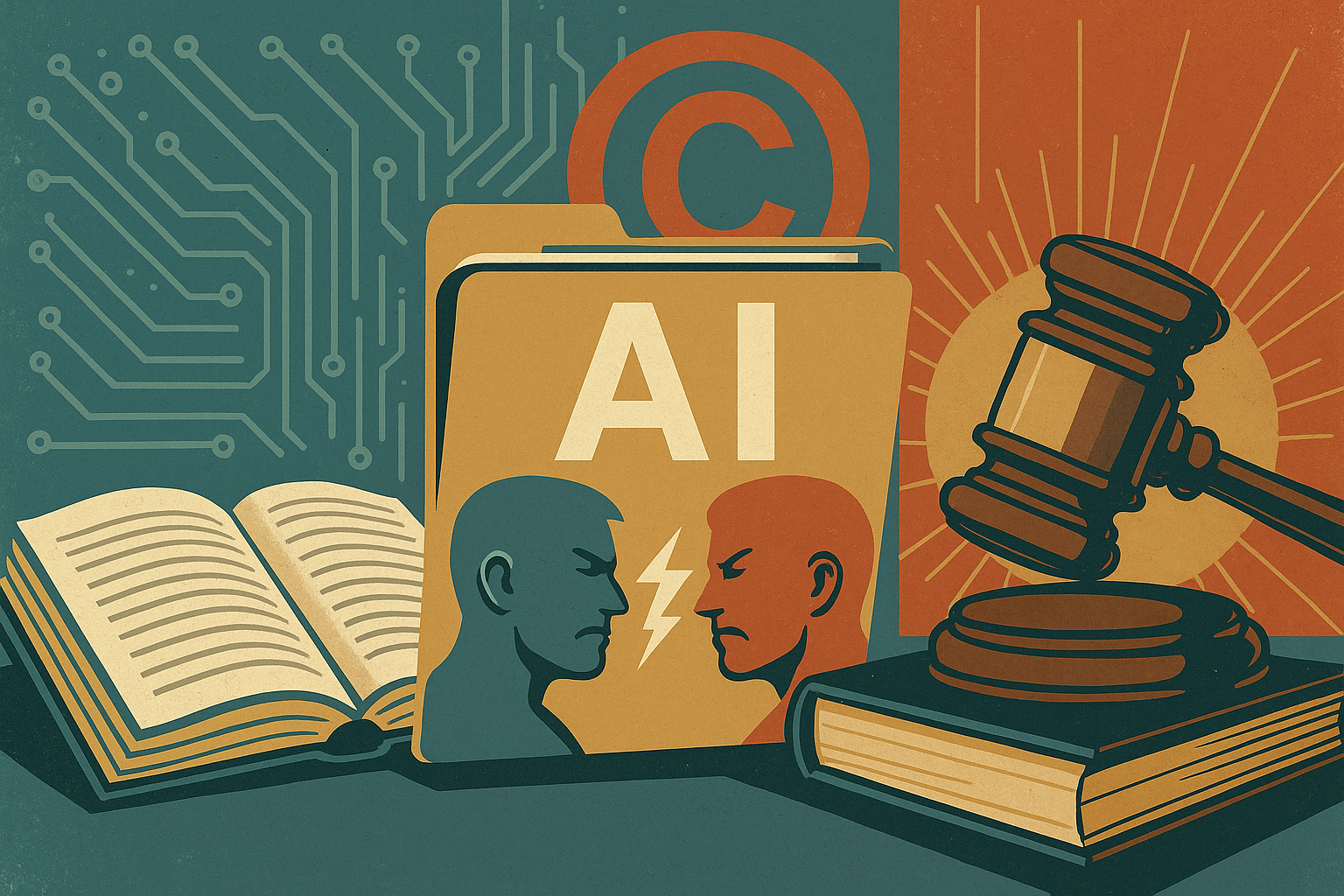In the world of technology, the ground is constantly shifting, but today we’re seeing foundational pillars being challenged in the halls of power and courts of law. From the very definition of ownership in the age of AI to the fundamental principles of internet freedom, the developments unfolding now will have consequences for years to come. Let’s dive into the critical tech trends making waves today.
The Government vs. Big Ideas: A Chilling Precedent?
In a move that has sent shockwaves through the research and development community, the Trump administration is threatening to seize patents from Harvard University. This isn’t just a political headline; it’s a direct challenge to the ownership of intellectual property that emerges from academic institutions. The core of the issue revolves around federally funded research and who ultimately controls the resulting innovations. Such a move could create a chilling effect, discouraging private and academic partnerships and potentially slowing the pace of technological advancement. It forces us to ask a critical question: who owns an idea? Read the full article.
AI’s Copyright Reckoning Has Arrived
The AI industry is facing its biggest legal challenge to date as a massive copyright class-action lawsuit has been officially certified. The case strikes at the heart of how modern AI models are built. For years, tech companies have operated under the assumption that scraping vast amounts of public data, including copyrighted text and images, for training purposes constitutes ‘fair use.’ This lawsuit argues otherwise, representing the largest collective of creators to ever challenge the practice. If the AI industry loses, it could be forced to pay billions in damages and, more importantly, fundamentally re-engineer how models are trained. This is a landmark moment that could redefine the relationship between creativity, data, and artificial intelligence. Read the full article.
The End of the Road for Net Neutrality’s Appeal
Advocates for net neutrality, the principle that internet service providers must treat all online content equally, have made a stunning decision. They announced today that they will not appeal their recent court loss to the Supreme Court. Their reasoning is a stark commentary on the current judicial climate, stating they do not trust the court to deliver a fair hearing based on ‘sound legal reasoning.’ This effectively marks the end of a long-fought battle in the federal courts to preserve the open internet rules established under the Obama administration. The fight isn’t over, but it will now shift to Congress and state legislatures, leaving the future of a level playing field on the internet more uncertain than ever. Read the full article.
Today’s tech landscape is being defined by a series of power plays over control, ownership, and freedom. Whether it’s the government challenging patent ownership, creators demanding their due from AI, or advocates losing faith in the highest court, the message is clear: the old rules are being tested. The digital frontier is becoming a more complex and contested space, and the outcomes of these struggles will shape the technology we use every single day.

